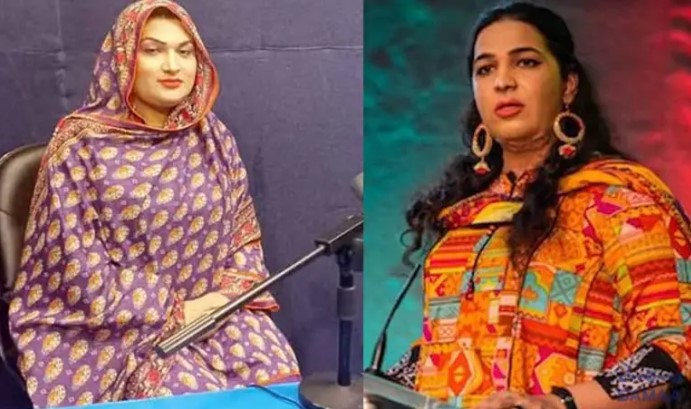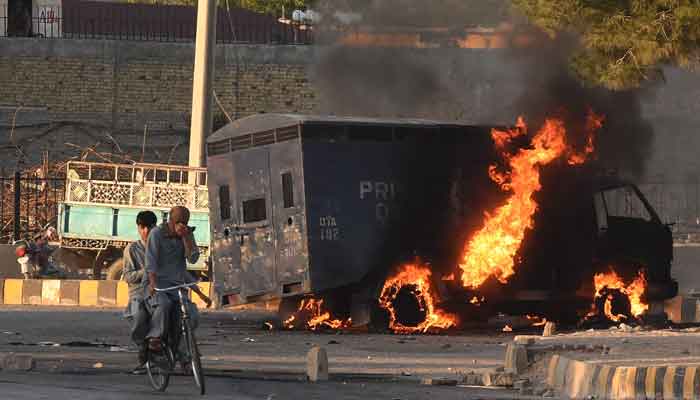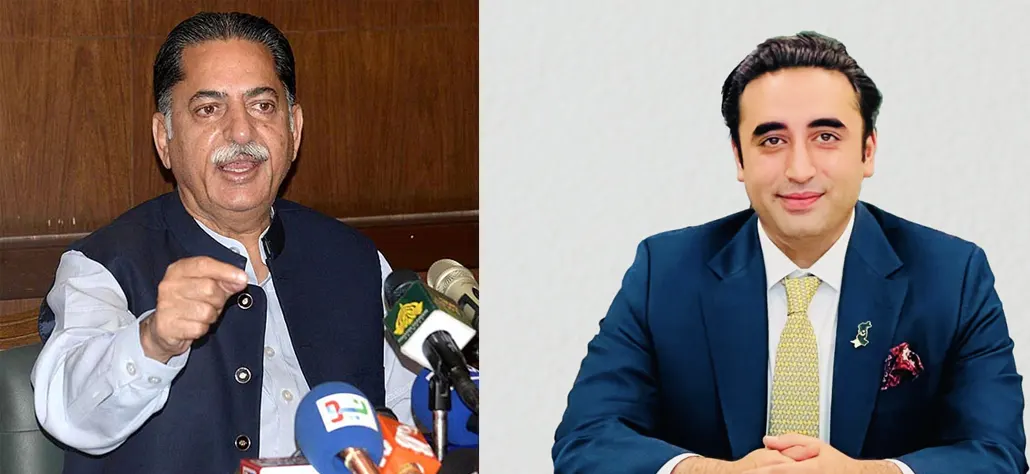2024 Election: Transgender Candidates Nayab Ali, Sobia Khan Joins the Race

A groundbreaking moment unfolded in Pakistan’s political arena as two transgender individuals, Nayab Ali and Sobia Khan, submitted their nomination documents for the imminent general elections scheduled for February 8th, 2024.
This signifies a notable stride towards inclusivity and representation, dismantling longstanding barriers that have marginalized the transgender community in Pakistan.
Nayab Ali, an earnest contender for the National Assembly seat NA-47 in Islamabad, aspires to be an advocate for the rights of women and residents in slums, acknowledging the substantial population of 500,000 female voters in his constituency. His voice, amplified by the aspirations of a marginalized community, assures resonance with those in pursuit of change and representation.
Sobia Khan, an emblem of hope and resilience, adds another layer of inspiration to this narrative. Possessing a bachelor’s degree and holding the title of Khyber Pakhtunkhwa’s first transgender radio jockey, Sobia is an independent candidate for the Provincial Assembly seat KP-18. Her agenda centers on empowering women and children within her community, drawing on her personal experiences and understanding of their challenges.
This development indicates a significant shift, as in the 2018 elections, only one transgender individual, Maria, independently contested in Khyber Pakhtunkhwa. Maria’s participation garnered 536 votes, surpassing the counts of several female candidates, signifying an encouraging trend in the electoral landscape concerning transgender representation.
The candidacies of both Nayab Ali and Sobia Khan symbolize progress in inclusivity, representing the aspirations of the transgender community in Pakistani politics. Their commitment to advocating for marginalized groups resonates, ensuring a voice for underrepresented demographics in the political sphere.
The voices of Nayab Ali and Sobia Khan, once muted, now reverberate with the promise of change and a commitment to equal rights. Their participation is more than just a statistic; it stands as a potent symbol of advancement, underscoring that genuine democracy thrives on diversity and the inclusion of all voices, irrespective of gender or background.


